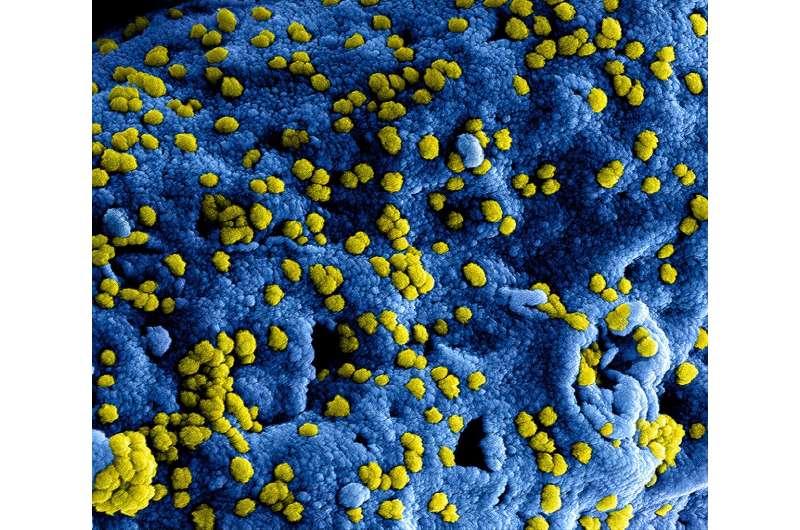Innovative Smartphone Tests May Speed Up Huntington's Disease Drug Development

New smartphone-based digital tests offer a sensitive and convenient way to monitor Huntington's disease progression, potentially accelerating drug development and clinical trials.
Recent advancements in digital health technology are paving the way for more efficient monitoring of Huntington's disease progression. A collaborative study by researchers at University College London (UCL) and Roche has demonstrated that using smartphone-based digital tests can significantly enhance the detection of motor symptom changes associated with Huntington's disease. These tests involve simple movement assessments, such as balance evaluation, finger tapping, and involuntary movement checks, which collectively produce a Huntington's Disease Digital Motor Score (HDDMS). A lower HDDMS reflects better motor skills, whereas a higher score indicates greater impairment.
The innovation lies in the regular application of these tests in patients’ daily environments, allowing healthcare providers and researchers to track disease progression with greater sensitivity than traditional methods. This real-world monitoring can identify subtle changes in motor function, aiding the evaluation of potential treatments and reducing the number of participants needed in clinical trials. Consequently, this approach has the potential to shorten trial durations and expedite the development of new therapies.
Developed using data from over a thousand participants drawn from multiple studies, the HDDMS was found to be approximately twice as sensitive as the conventional Unified Huntington's Disease Rating Scale in detecting disease progression. The simplicity and speed of the five-minute assessments make it a practical tool for patients to perform at home, offering a more convenient and possibly more accurate measure of motor decline.
Professor Ed Wild from UCL emphasized that integrating the HDDMS into clinical trials could lead to clearer, faster results, facilitating the development of effective treatments for Huntington's disease. The focus on digital biomarkers highlights the broader role of technology in neurological research, marking a significant step towards innovative, patient-friendly disease monitoring.
While the current research primarily involves participants in clinical trials, further studies are needed to evaluate the HDDMS's ability to predict long-term declines and its application across different disease stages. The tool is available for use by academic institutions and industry partners working on Huntington's disease via Roche Diagnostics.
Overall, digital health solutions like the HDDMS are promising advancements that could revolutionize how neurodegenerative disorders are tracked and treated, potentially accelerating the journey towards effective therapies for Huntington's disease.
Source: https://medicalxpress.com/news/2025-06-smartphone-drug-huntington-disease.html
Stay Updated with Mia's Feed
Get the latest health & wellness insights delivered straight to your inbox.
Related Articles
New Evidence Suggests ALS May Be an Autoimmune Disease Driven by Immune Cells Attacking Nervous System Proteins
Recent research suggests that ALS may be an autoimmune disorder, with immune cells mistakenly attacking nervous system proteins. This discovery opens new avenues for targeted therapies and improves understanding of disease progression.
Scientists Uncover How Inflammatory Molecule Induces Esophageal Muscle Contraction
Researchers have discovered how platelet-activating factor (PAF) triggers contractions in esophageal muscles by activating calcium channels, paving the way for targeted therapies for allergy-related gastrointestinal symptoms.
Study Finds Colorectal Cancer Patients Have Better Survival Rates When Diagnosed Before Other Cancers
A groundbreaking study reveals that colorectal cancer patients diagnosed before other cancers have the highest survival rates, emphasizing the importance of early detection and tailored screening protocols.
US Pediatricians Recommend Diverging COVID-19 Vaccination Guidelines from CDC
The American Academy of Pediatrics has issued new COVID-19 vaccination recommendations for children, diverging from CDC guidance for the first time in 30 years, emphasizing vaccination for ages 6 months to 2 years and high-risk groups.



